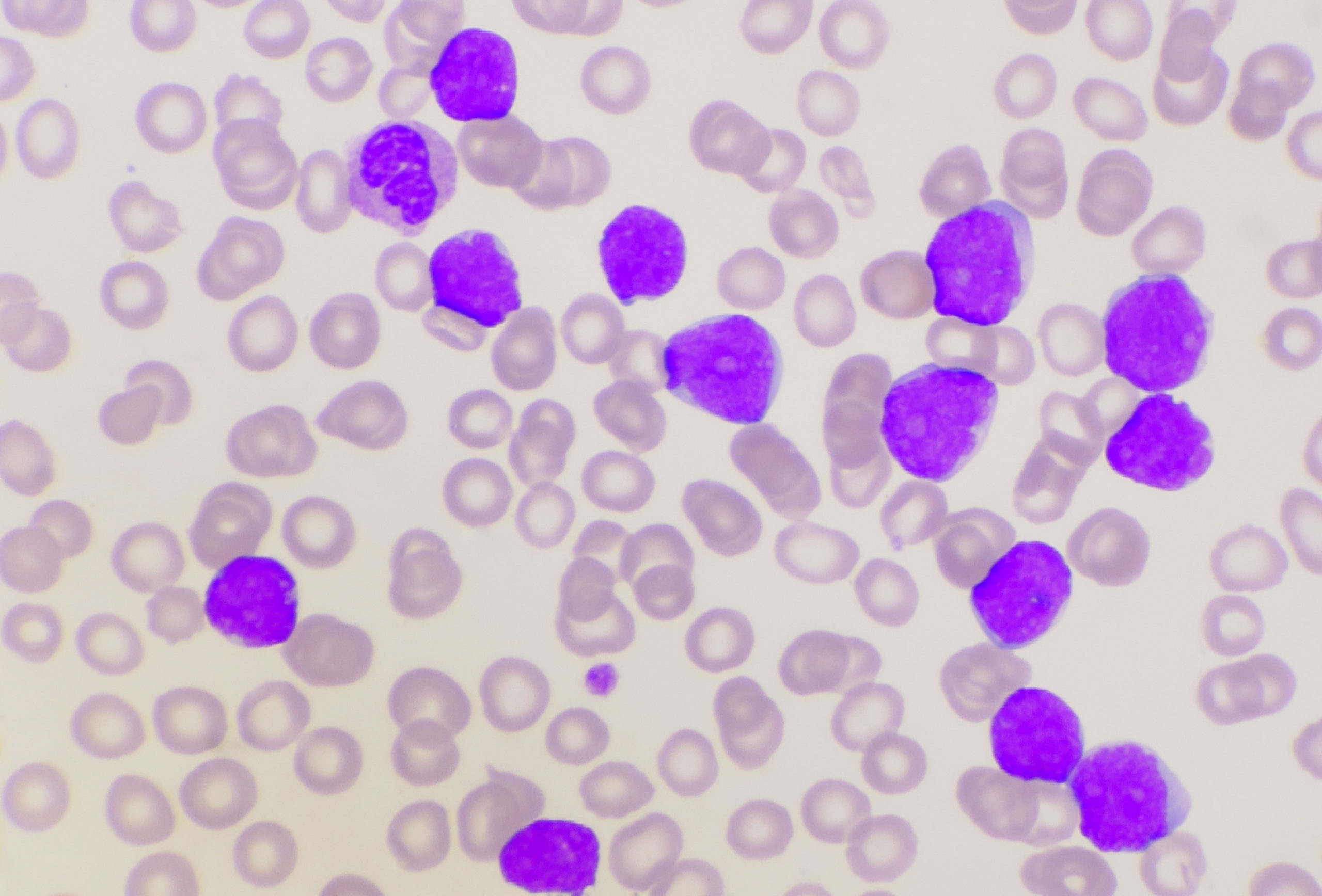
Among patients with chronic myelomonocytic leukemia (CMML), prognosis is worse if any of three specific mutations associated with acute myeloid leukemia (AML) are present. This was the core finding of a retrospective analysis published in Blood Advances.
The analysis cohort comprised 127 patients with CMML. All patients had next-generation sequencing and polymerase chain reaction data available from bone marrow samples collected at disease diagnosis.
Regarding the presence of AML-associated mutations in the cohort, 26 patients had IDH2 mutations, 12 had IDH1 mutations, 11 had NPM1 mutations, eight had FLT3 mutations, and seven had CEBPA mutations.
The investigators found that patients with CEBPA, FLT3, or NPM1 mutations had poor prognosis, with higher incidence of myeloproliferative CMML, more prevalent severe cytopenia, and elevated blast counts.
Presence of any of the three mutations in patients was associated with worse prognosis independently of classification on the CMML-specific Prognostic Scoring System molecular (CPSS-Mol). Multivariate analysis also found that possession of any of these mutations was an independent marker of overall survival.
The investigators concluded that prognostic evaluations in patients with CMML should assess these AML-associated mutations. In addition, they wrote treatment of patients with these mutations should include interventions usually applied to AML, “including intensive chemotherapy and allogeneic stem cell transplantation, whenever feasible, and consider certain targeted therapies approved for use in AML.”
Reference
Castaño-Díez S, López-Guerra M, Zugasti I, et al. AML typical mutations (CEBPA, FLT3, and NPM1) identify a high-risk CMML independent of CPSS-Mol classification. Blood Adv. 2024. doi:10.1182/bloodadvances.2024013648







 © 2025 Mashup Media, LLC, a Formedics Property. All Rights Reserved.
© 2025 Mashup Media, LLC, a Formedics Property. All Rights Reserved.